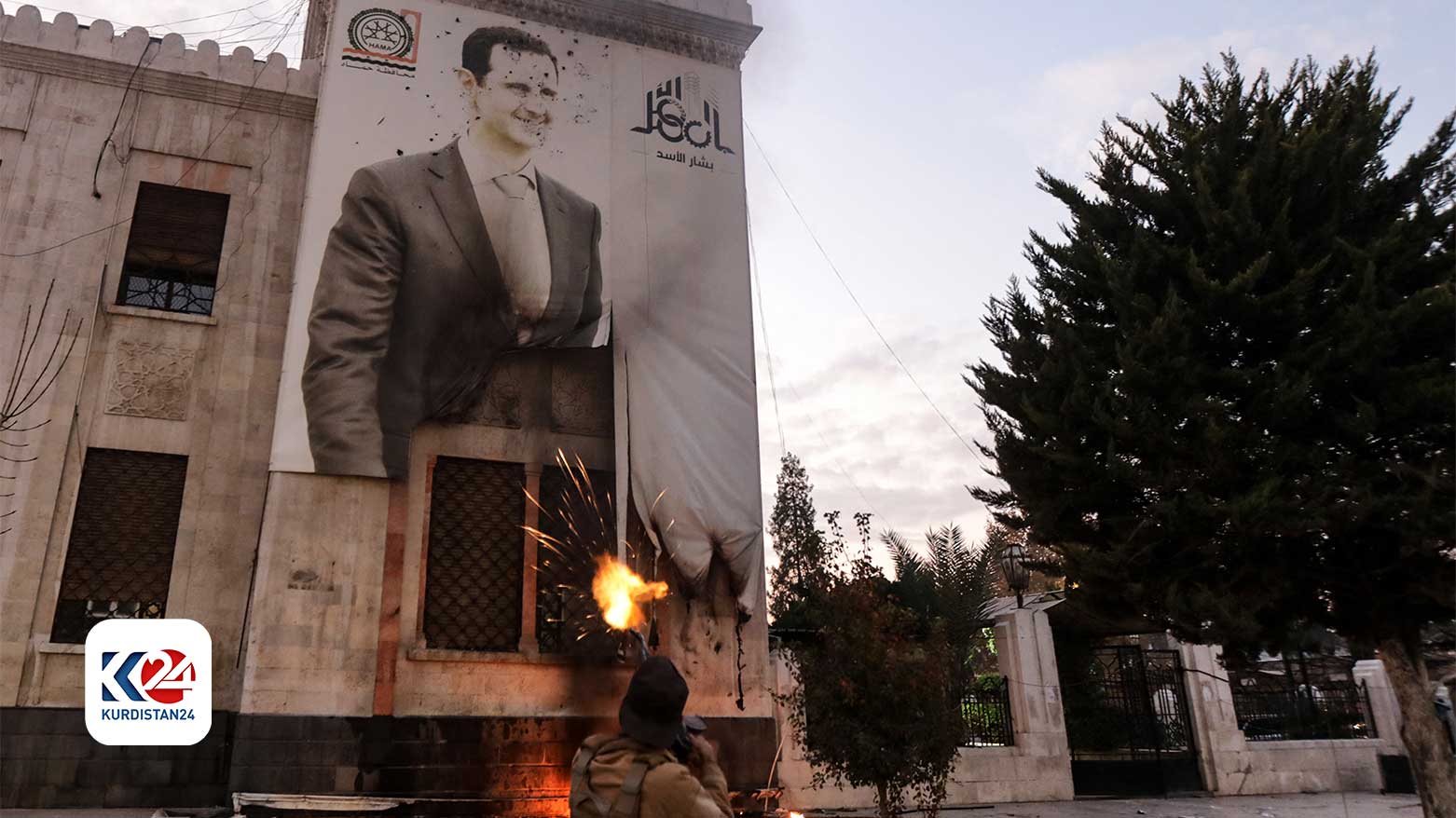Former Syrian PM reveals internal dynamics of Assad regime's final days
According to Jalali, in his final conversation with Assad concerning the worsening situation, the president's reply was remarkably indifferent, simply stating "We will follow up later."

Dec. 9, 2024
ERBIL (Kurdistan24) – In an interview with Sky News Arabia on Monday, Mohammad Ghazi al-Jalali, who served as Syria's Prime Minister under the Assad regime, provided noteworthy insights into the final days of the former government and the existing transition period.
Internal communications and decision-making
Jalali defined a highly centralized administrative structure that branded Assad's leadership style.
"The nature of the former regime disallowed direct communication with Bashar al-Assad," he explained.
According to Jalali, in his final conversation with Assad concerning the worsening situation, the president's reply was remarkably indifferent, simply stating "We will follow up later."
Foreign policy isolation
The former Prime Minister emphasized Assad's control on foreign policy decisions, remarking that the president had exclusive control over international relations without referring to his cabinet.
This method, Jalali implied, further contributed to the regime's isolation and eventual downfall.
Current situation and transition
Speaking about the current situation in Damascus, Jalali stressed that protecting security is the current administration's main aim.
He confirmed that most ministers are still in Damascus, carrying on their duties from their offices, and voiced willingness to help smooth the transfer of all governmental files to guarantee a rapid transition period.
Diplomatic openness
In a noticeable distancing from previous policies, Jalali showed readiness to negotiate with various interested parties, including military operation commanders and Abu Mohammad al-Jolani.
This epitomizes a clear change from the Assad regime's approach to opposition forces.
Future uncertainties
Concerning the future of the Syrian military, Jalali recognized uncertainty, stating that its destiny would depend on whoever assumed power in the transition.
This statement echoes the broader uncertainties facing Syria's institutions in the post-Assad period.